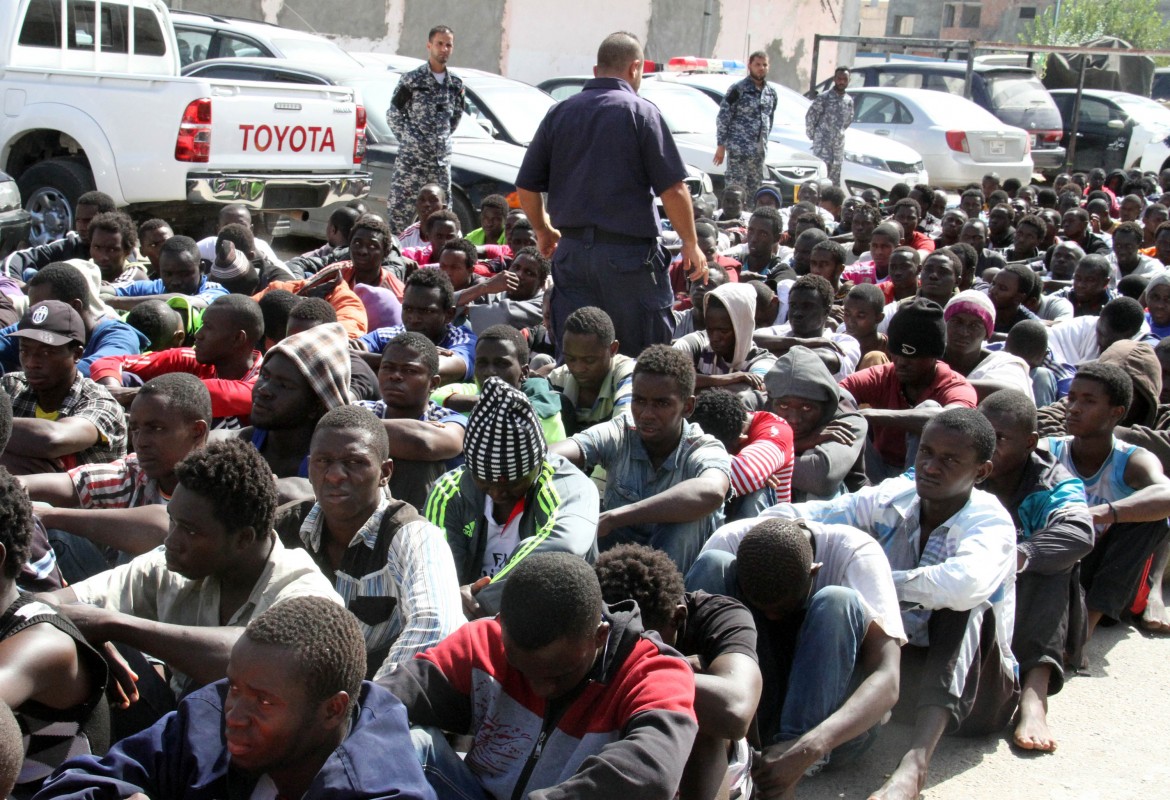Interview
After a Libyan peace treaty, the human cost will be severe
Angelo Del Boca, a historian of Italian colonialism and Libya expert: "Did we arm to stop migrants on a border of 5 thousand km. In southern Libya "reconciliation" guaranteed by Italy it is very fragile, in Tripoli Premier Sarraj lives under siege '

Angelo Del Boca is a historian on Italian colonialism and an expert on Libya, with dozens of essays and monographs on the history of Libya and Gaddafi. We asked him about the so-called “peace agreement” signed last Friday between the three Fezzan tribes — Awlad Suleiman, Tebi and Tuareg — at the Italian Ministry of Interior Affairs last Friday, personally overseen by Minister Minniti.
According to Minister Minniti, whoever rules southern Libya has the means to control and govern the African migratory routes. What do you think?
The claim would be almost exact. I say almost because not all migration flows come through southern Libya. Unfortunately, many crises and armed conflicts are exploding in Africa, starting with the longest one in Nigeria, and the conflict in the Congo.
And let’s not speak of the disaster to which we contributed in Libya itself and soon after that, in Syria. But the statement is rather unwise because the Libyan Fezzan is a 5,000 kilometer border almost entirely of sand.
It is an immense, indefensible and uncontrollable area, not to mention the fact that these three tribes are historically in conflict, and now they’ve announced a strange peace. Who knows what it cost in terms of money payouts, since each tribe sent seven or eight representatives?
But what weight does this “reconciliation” in Fezzan have if our privileged interlocutor in Tripoli, al Sarraj, is forced to flee from the naval base where he was held up, under fire from the armed militias? In Misrata, the Islamists led by Gweli believe he is the legitimate prime minister, and general Khalifa Haftar threatens from Cyrenaica?
That’s pretty easy to see: It is of very little weight, almost non-existent. Because, according to Minister Minniti, we have peace within the south but none with the Sarraj government in Tripoli, a government which was acknowledged around the world but is not recognized in Libya. And he is always ready to run away on a ship that we provide.
A month and a half ago, Minniti boasted of the creation of a memorandum of intent on immigration control with Premier Sarraj. But then 10 days ago, Tripoli’s Supreme Court ruled the memo illegal and null.
Yes this has also happened. While we continue to think that this is a “safe place” to set up new containment camps, the despair of those fleeing war and misery and continue to do so dramatically from the coast west of Tripoli, always from Zhawya, but Sarraj cannot control that location either. It was a heavy blow to the Italian Government, which almost no one wanted to talk about.
What is the cost in human terms — human rights — of this new reconciliation agreement announced among the Fezzan tribes and guaranteed by Italy?
It will be dramatic. Basically our protection — which not only hides the need to contend on the ground France’s neo-colonial interests in that area and already established in Chad, Niger and Mali — is helping to militarize the region. We’re going to arm those tribes to the teeth, to “train them” as they say, to make war on migrants, to hunt them down, lock them up and send them back to their desperation made of new wars and new famines.
Originally published at https://ilmanifesto.it/il-costo-umano-dellaccordo-viminale-tribu-del-fezzan/ on 2017-04-04
